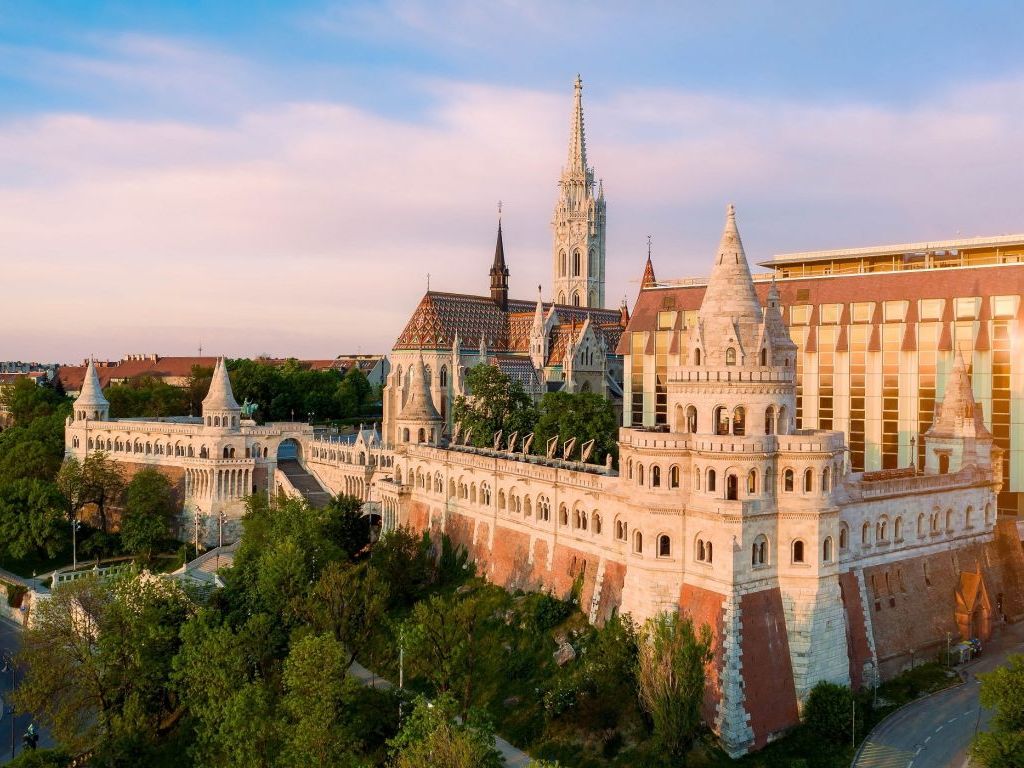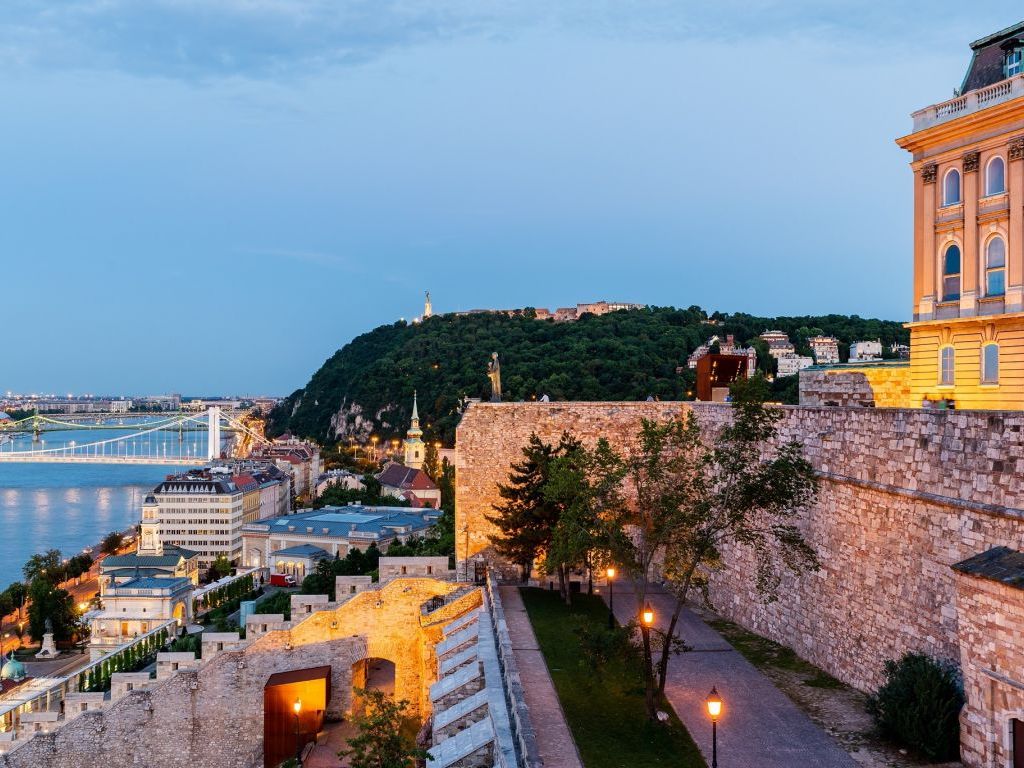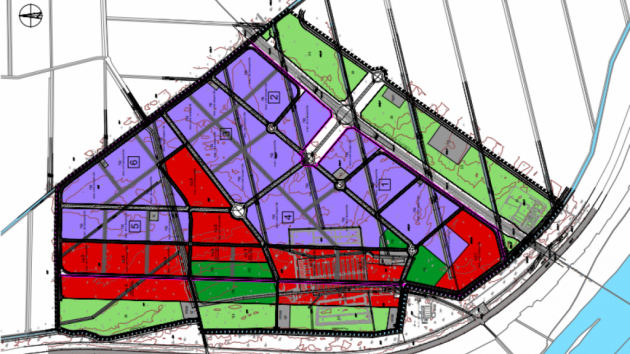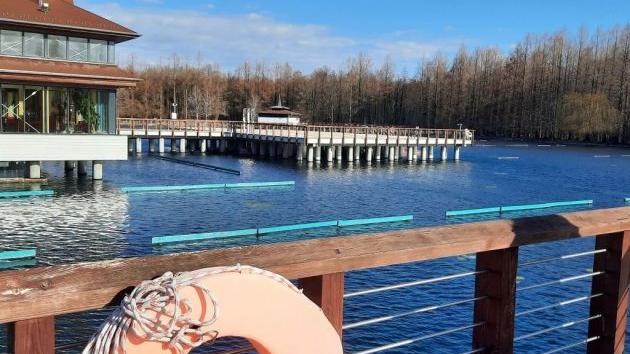Hungary Wants to Be Tourism Center of Central Europe – Over EUR 700 Million to Be Invested in Development of Tourist Offer by 2030 (PHOTO)
Source: eKapija
 Thursday, 10.03.2022.
Thursday, 10.03.2022.
 11:19
11:19
 Thursday, 10.03.2022.
Thursday, 10.03.2022.
 11:19
11:19
Fisherman's Bastion (Photo: Hungarian Tourism Agency)

On the very first day, we learned that Hungary had not wasted time during the pandemic, instead dedicating itself to developing tourism and creating a strategy for the next years. At NTO Hungary, they work hard to position the country as well as possible on the tourism map of the world, that is, to let tourists worldwide know what they can expect when they come here.
Mitigating the big consequences of the pandemic on the tourism sector, NTO representatives continue to make and effort to contribute to a mild recovery, on both the local and the international level. Accordingly, in the last week of February, they hosted over 200 representatives of tourism agencies and journalists from all Europe. As everyone noted, we need to socialize, travel, make new contacts and friendships, that is, everything we missed during the two-year pandemic.
Even during the most difficult period of the pandemic, NTO Hungary points out, an infrastructural development of tourism occurred, first in the sector of rural tourism, and 35 hotels are in the reconstruction phase. Private accommodation (14,000 units) is being upgraded, and 115 beaches and 600 bed-and-breakfast accommodation facilities have also been renewed, all within the Kisfaludy Program.
The Kisfaludy Program of tourist development was launched in 2017 as one of the key pillars of the Strategy of Tourist Development of Hungary. It is the biggest state program in this sector, which also supports the goal of turning Hungary into a tourist epicenter of Central Europe. The development did not stop during the pandemic either, which has contributed to the fact that, when tourists come to Hungary today, they have plenty of potential experiences waiting for them.
The Kisfaludy Program results in the fact that, by 2030, the tourism sector of Hungary will get support of around EUR 785 million. The renewal of accommodation capacities, restaurants and spas is expected.
A new look of key Hungarian tourist assets
Those who have traveled through Hungary know that their castles and palaces draw a lot of attention and that tourists go back to them very often. Not wanting to let them be worn out by the passage of time, Hungarians oriented themselves within said tourist development program to the protection of cultural heritage as well. It is all run by the non-profit organization National Heritage Protection and Development Nonprofit. They are dedicated to a sustainable management of buildings, palaces and castles, as well as their development and reconstruction. They manage 50 facilities, among which the most representative ones are castles, palaces and other cultural heritage facilities.
Buda Castle (Photo: Hungarian Tourism Agency)

The Jewish cultural heritage is also in the focus of reconstruction and protection, because, prior to WW2, Jews comprised 20% of the populace of Budapest. The Jewish Quarter has as many as three synagogues – the one in Dohany Street, the second biggest one in the world, which can take in 3,000 people, was reconstructed in 1996. Most of the money, USD 5 million was donated by Estee Lauder, a prominent American businesswoman of a Hungarian-Jewish origin.
After several years of reconstruction, the synagogue in Rumbach Street, designed by famous architect Otto Wagner, re-opened in July 2021. Hungarians says that what makes a trip to the Jewish Quarter especially interesting are its recognizable zig-zag streets, but also its worn-out facades.
Restaurants – outbursts of flavors and hedonism
Hungary is the first country in which Michelin announced new restaurant with its stars and the Michelin Plate symbol this year, so Budapest now has seven restaurants with Michelin stars: Costes Downtown, Borkonyha Winekitchen, Costes, Stand, Babe, Salt and Essencia, and 18 have the Michelin Plate symbol.
Gastronomy is very important to Hungarians, so these acknowledgments come as no surprise, and they are also a good promotion of their tourism. They proudly announce that, in March 2022, they will host the final of the Bocuse d’Or championship, where the best chefs of Europe will compete against each other.
Wine regions
For those who enjoy wines and want to discover Hungarian wine regions (of which there are 22), the following is available: Eger wine region, vineyards in Budapest itself, in Budafok, and then the wine cellars of Hajos, Villany, as well as Cak.
The team of eKapija had the opportunity to taste the wines made by the Gere family, one of the most famous winemaking families in Hungary, in the sophisticated interior of their restaurant. They have vineyards on 70 hectares, and since 2010, their wines have not contained any chemicals at all, because they make them organically. This is the seventh generation of that family which maintains the tradition of wine production and their brand. The Gere winery is located in Villany, in the very south of Hungary.
(Photo: Hungarian Tourism Agency)

Active tourism
Several Hungarian regions offer a multitude of options for an active vacation and sightseeing, so there’s no worry about missing this form of enjoyment. Bicycle riding along the Danube belt, which leads you through a forest area too, and then the view from the castle in Visegrad, all these are unforgettable adventures. It’s all available an hour’s drive away from Budapest.
There are also mountain walks in Visegrad, with fantastic lookout spots. Don’t forget to visit Lake Balaton either, the largest Central European lake, whose northern coasts make for an extraordinary landscape. The Szigliget Castle and the hills are reflected on the lake’s surface.
A bicycle ride down the coasts of Lake Ferto, shared between Hungary and the neighboring country of Austria, is recommended as well, as is birdwatching at the largest natural park in the world – Hortobagy.
These are, of course, just some of the ideas and suggestions for a visit. We believe that, from the moment you decide to head for Hungary, you will plan your route in more detail – from culture, gastronomy, to visiting cultural highlights.
Teodora Brnjos
Tags:
National Tourism Organization of Hungary
development of Hungarian tourism
Hungarian tourism
Buda caste
Jewish Quarter Budapest
Budapest
Costes Downtown
Borkonyha Winekitchen
Costes
Stand
Babe
Salt
Essencia
Jewish cultural heritage
synagogues
Budapest restaurants
Michelin stars
Hungarian wine regions
active vacation
Lake Balaton
Visegrad Danube Belt
Lake Ferto
Comments
Your comment
Naš izbor
Most Important News
Full information is available only to commercial users-subscribers and it is necessary to log in.
Follow the news, tenders, grants, legal regulations and reports on our portal.
Registracija na eKapiji vam omogućava pristup potpunim informacijama i dnevnom biltenu
Naš dnevni ekonomski bilten će stizati na vašu mejl adresu krajem svakog radnog dana. Bilteni su personalizovani prema interesovanjima svakog korisnika zasebno,
uz konsultacije sa našim ekspertima.


 Izdanje Srbija
Izdanje Srbija Serbische Ausgabe
Serbische Ausgabe Izdanje BiH
Izdanje BiH Izdanje Crna Gora
Izdanje Crna Gora


 News
News








